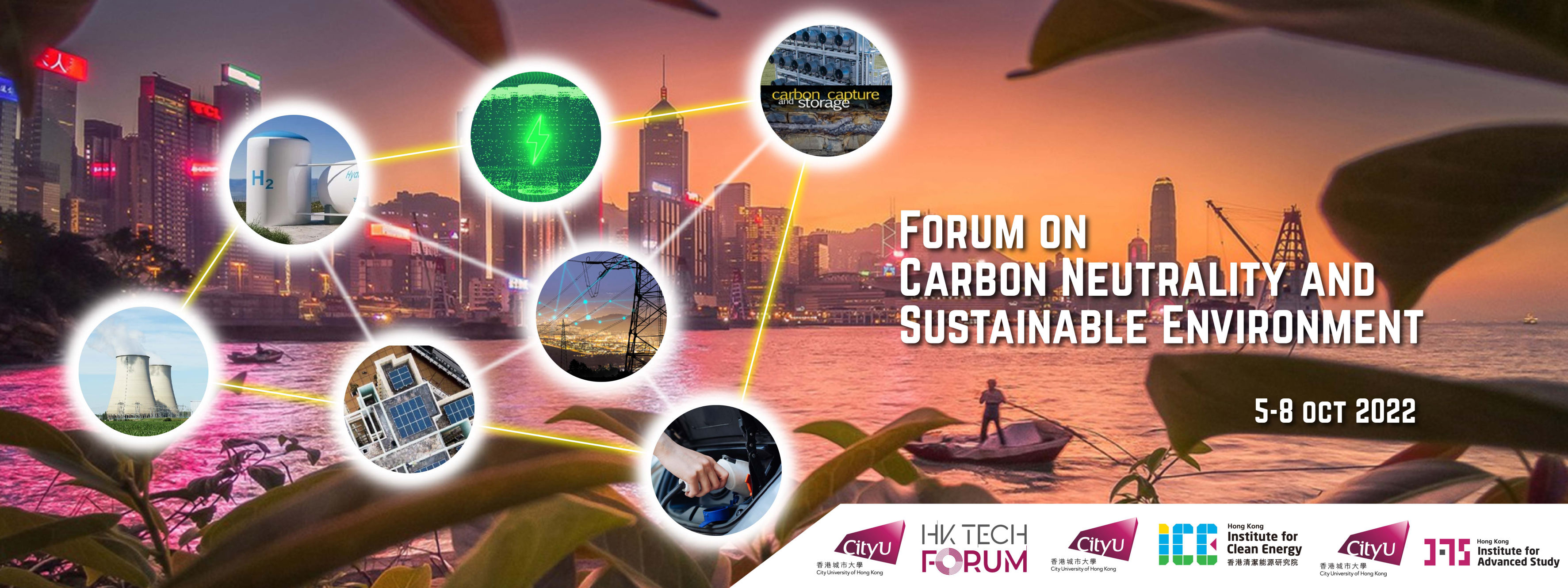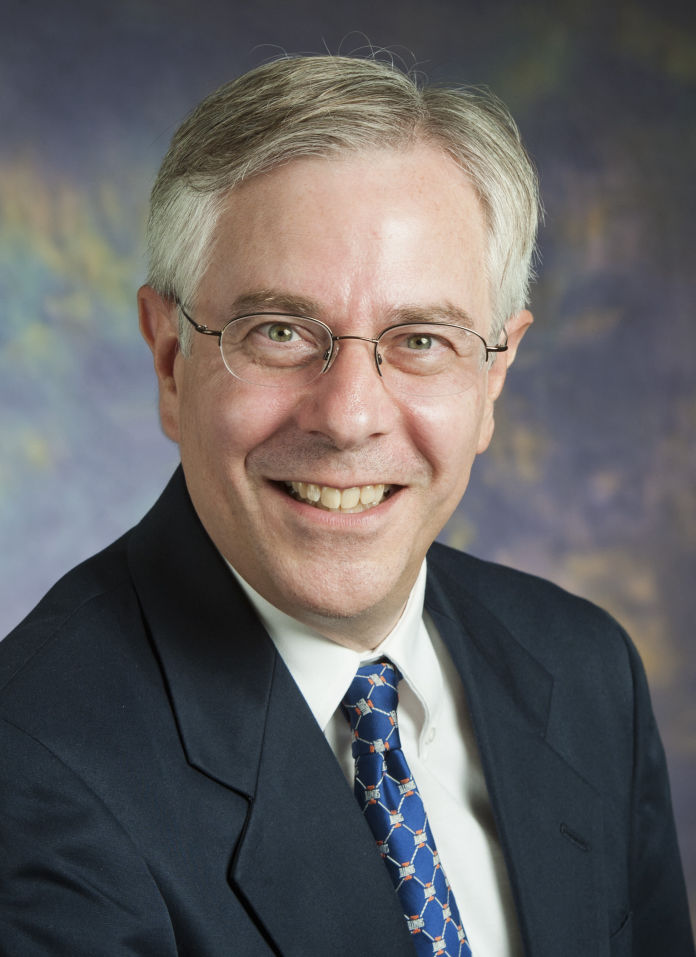Keynote Speaker
Biography
Philip T. Krein received the B.S. degree in electrical engineering and the A.B. degree in economics and business from Lafayette College, Easton, PA, and the M.S. and Ph.D. degrees in electrical engineering from the University of Illinois at Urbana–Champaign. He was an engineer with Tektronix, Beaverton, OR, and then returned to the University of Illinois at Urbana–Champaign. He was a Senior Fulbright Scholar at the University of Surrey, Guildford, U.K., from 1997 to 1998. From 2003 to 2014, he was a founder and director of SolarBridge Technologies, Inc., Austin, TX as they developed ac photovoltaic panels. From 2016 through 2020, he was Executive Dean of the Zhejiang University/University of Illinois at Urbana–Champaign Institute, Haining, China. At present, he is the Illinois director of the joint University of Illinois/Zhejiang University Dynamic Research Enterprise for Multidisciplinary Engineering Sciences (DREMES). He holds the Grainger Endowed Chair Emeritus in Electric Machinery and Electromechanics at the University of Illinois at Urbana–Champaign and is an Adjunct Distinguished Professor at Zhejiang University. His current research interests include all aspects of power electronics, machines, drives, and electric transportation, with emphasis on nonlinear control approaches. Dr. Krein received the IEEE William E. Newell Power Electronics Award in 2003 and the IEEE Transportation Technologies Award in 2021. He holds 42 U.S. patents. He is a past president of the IEEE Power Electronics Society, a past member of the IEEE Board of Directors, a past chair of the IEEE Transportation Electrification Community, and an Associate Editor of the IEEE Open Journal of Power Electronics. He is a Registered Professional Engineer in Illinois and Oregon. He is a Fellow of the U.S. National Academy of Inventors and a member of the U.S. National Academy of Engineering.
Simplifying infrastructure challenges to gain high benefits from transportation electrification
Philip T. KREIN
Abstract
The shift to more-electric cars and transportation brings opportunities for control, extreme performance, energy reduction and flexibility, cheaper operation, and lower emissions. Customers see limited range, battery performance limits, slow refueling, and lack of charging facilities as big drawbacks. This presentation shows how to simplify infrastructure requirements. The energy needs of electric and plug-in hybrid passenger cars can be met with conventional single-phase electrical outlets. Safety protection, metering, billing, and other functions can be supported by a car to turn a “dumb” electrical outlet into a smart vehicle charge point. Flexibility supported within a vehicle can minimize carbon impact and enhance environmental benefits. Actual driver needs are discussed, showing how more advanced chargers fit in and why “slow charging” is a fallacy most of the time. Survey results on the University of Illinois campus help to support the ideas. The talk explores how to think differently about electric cars, energy, and how infrastructure interaction can work. Flexibility can make electric vehicles important partners for the future of electricity.

